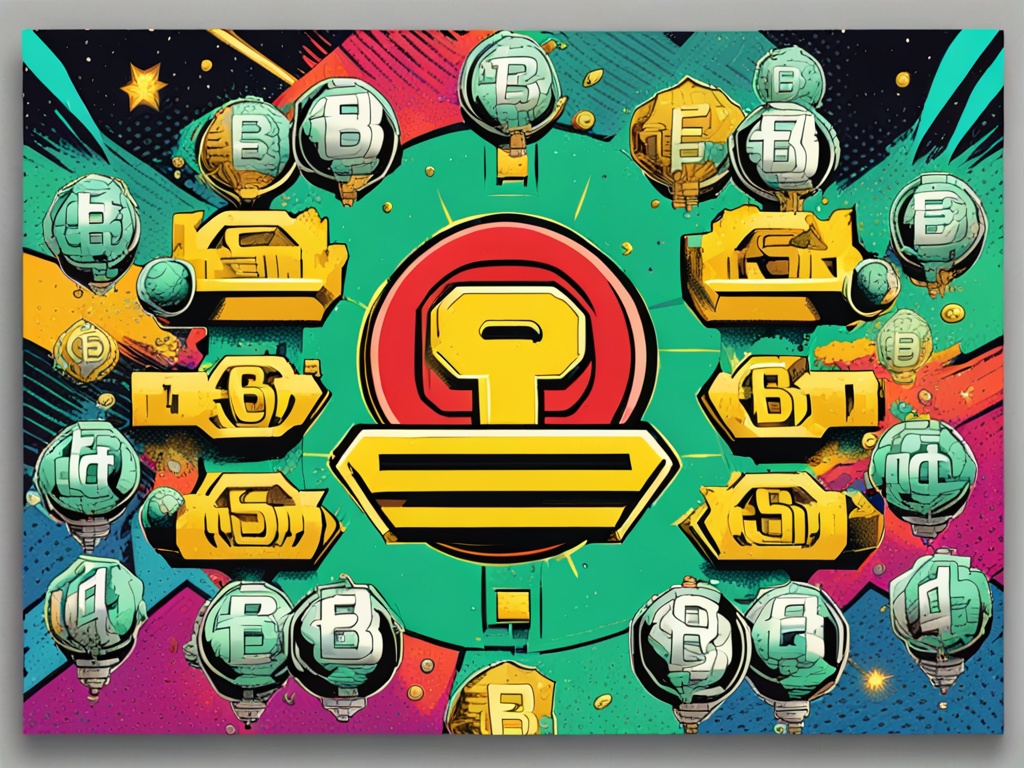Is the Wyoming Stablecoin Project a Game-Changer or a Misstep?
You know, I’ve been following the crypto scene for a while now, especially as a young Korean American guy trying to make sense of this wild and ever-evolving market. Recently, some news caught my attention that’s not only about Cardano but also sheds a light on the future of stablecoins and blockchain regulations in America. So, let’s dive right into it.
Key Takeaways
- Charles Hoskinson, founder of Cardano, criticized the Wyoming stablecoin project process.
- He feels Cardano and many other blockchains were unfairly excluded due to biased selection criteria.
- Hoskinson expressed concern over Wyoming’s reputation as a crypto-friendly state.
- He suggested potential legal action while still supporting Wyoming as a crypto hub.
- Current ADA trading price: $1.04.
The Wyoming Stablecoin Dream
About two years ago, excitement was bubbling in Wyoming as they passed a law to encourage the development of a state-backed asset stablecoin. Imagine the possibilities! A state-backed coin could open new avenues for economic growth, digital innovation, and, let’s be honest, it’s just cool. But as we learn from Hoskinson’s recent comments, the actual execution is where things started to get a bit murky.
He shared that his company, Input Output Global (IOG), was pretty optimistic at first. They engaged heavily, spending nearly a year and a half providing extensive advice on how to create something innovative and competitive in the crowded stablecoin market. They discussed how to ensure compliance and establish technological standards. Sounds great, right?
Concerns Over Selection Criteria
But here’s where it gets dicey. Hoskinson claimed that an executive director, who apparently favored the Ethereum ecosystem, was appointed and started pushing for the stablecoin to originate from there. This raises serious red flags, not just for Cardano but for the entire blockchain landscape. If the intent of the bill was to create a multi-chain asset, how could the process bend so firmly toward one particular chain? That’s like baking a cake and only using one ingredient while ignoring all the others.
He fiercely criticized the selection process as "opaque," saying it created a monopoly narrative, where certain blockchains were favored over others without any chance for rebuttal or clarification. This isn’t a fair game, right? In a space that prides itself on decentralization and inclusivity, how can we allow practices that create winners and losers?
The Bigger Picture
This issue goes beyond just Cardano. According to Hoskinson, around 29,900 other blockchains were also left out of the pre-qualification process. That’s enormous! If Wyoming wants to maintain its standing as a supportive environment for cryptocurrency businesses, they can’t afford to play favorites.
It’s vital for the credibility of both the state and the blockchain ecosystem that these processes are fair and transparent. If there’s a perception that the state picks sides, it could deter new businesses from setting up shop there.
Future Steps and Legal Recourse
Now, Hoskinson didn’t just sit back with these frustrations; he indicated that IOG is considering legal avenues to challenge this decision. Here’s where my heart goes out to him. He’s fighting for a principle that so many of us in the crypto world hold dear—fairness and equal opportunity. It sounds like what we all need at some point in our careers, doesn’t it?
Despite the current challenges, Hoskinson expressed a glimmer of hope, stating that he believes Wyoming can still be a haven for cryptocurrency innovation. He’s not packing his bags. "I live there. I’m not going anywhere," he asserted, signaling his unwavering commitment to the state and the project.
What This Means for the Crypto Market
For investors like you and me, this situation illustrates the importance of understanding the regulatory landscape in which we operate. Here are a few practical tips based on these unfolding events:
-
Stay Informed: Keep an eye on legislative changes in key states like Wyoming that could impact the crypto market significantly.
-
Diversify Investments: Given the uncertainty surrounding regulatory environments, consider diversifying your crypto portfolio to mitigate risks.
-
Engage with Communities: Join platforms and forums where discussions about regulatory changes are happening. You never know what insights you might gain!
-
Support Transparency: As investors, advocate for transparent processes within the cryptocurrency ecosystem. Strong and fair regulation can ultimately lead to a healthier market.
- Explore Alternatives: With the uncertainty surrounding existing projects, keep an open mind to emerging platforms that may not be getting the attention they deserve.
In Summary
It’s quite a lot to digest, right? What we see unfolding in Wyoming could just be the tip of the iceberg when it comes to how blockchain and stablecoins will develop across America. It’s deeply intertwined with how open and fair the playing field will be in the future.
As I close this up, I can’t help but wonder: How do we ensure that every voice in the blockchain community gets a chance to be heard, and that innovation isn’t stifled by unyielding regulations? The answer could shape the future of not just Wyoming, but the entire crypto market. Who knows what possibilities await us if we get it right?





 By
By
 By
By
 By
By
 By
By
 By
By
 By
By